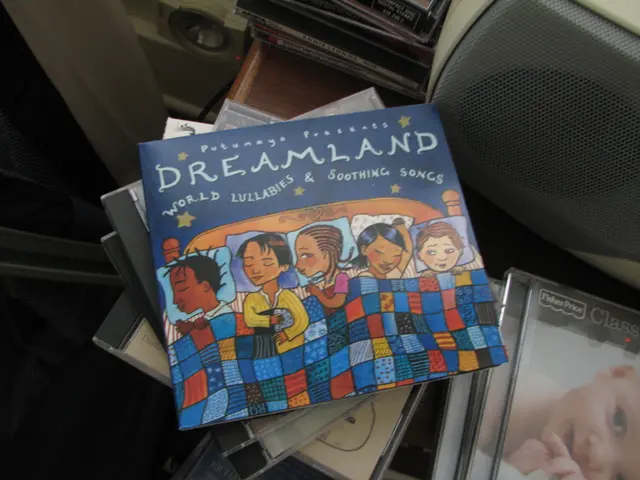Thailand aims to broaden its workforce from abroad
Thailand Expands Foreign Worker Policy to Address Labor Shortages
In response to labor shortages caused by unrest along the Thai-Cambodian border, Thailand is set to broaden its foreign workforce by including workers from Sri Lanka, Nepal, the Philippines, and Indonesia. The Ministry of Labour, led by Minister Pongkawin Jungrungruangkit, has announced this expansion to address the current labor crisis.
The decision comes as more than 100,000 Cambodian workers have returned home due to border clashes, leaving a significant gap in various sectors. To mitigate this issue, the Ministry of Labour has convened the Committee on Foreign Worker Management Policy to facilitate this expansion.
The move aims to allow quicker hiring during emergencies by broadening the pool to eight nationalities, rather than relying on the existing Memoranda of Understanding (MoUs), which can take 2–3 months to process. The Ministry of Labour is currently collecting requests from employers nationwide and aims to allow around 42,000 new foreign workers to address the labor shortage.
While the focus is on the proposed eight nationalities, it's important to note that no confirmation has been made about the expansion of foreign worker nationalities beyond this group. The ongoing border conflict between Thailand and Cambodia has contributed to the mass exodus of Cambodian workers, and the Ministry of Labour aims to resolve the Cambodian labor shortage within two months through workforce management.
This expansion complements wider reforms such as the 2025 BOI law, which imposes stricter regulations on foreign workers in promoted sectors, including quotas and salary thresholds. This indicates a more controlled but diversified foreign workforce management policy.
Meanwhile, the Department of Employment is also considering registering currently unlawful migrant workers to help fill shortages, prioritizing those from Cambodia but subject to background checks and security monitoring.
In summary, Thailand is actively preparing to include Sri Lanka, Nepal, the Philippines, and Indonesia in its foreign worker policy, expanding from the four traditional nationalities to a total of eight, to address labor shortages efficiently and reduce delays from bureaucratic MoU processes.
The broadened foreign workforce now includes workers from Sri Lanka, Nepal, the Philippines, and Indonesia, as Thailand addresses labor shortages in various sectors. This move within the industry aims to facilitate quicker hiring during emergencies, streamlining the process beyond the existing Memoranda of Understanding (MoUs) in finance and business.







